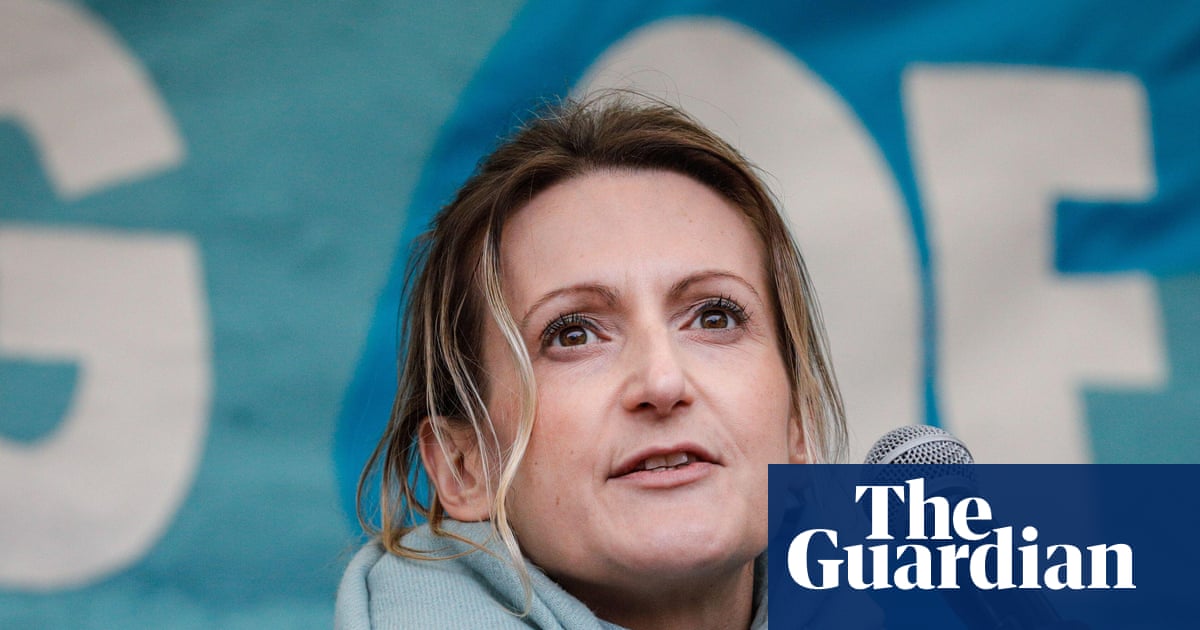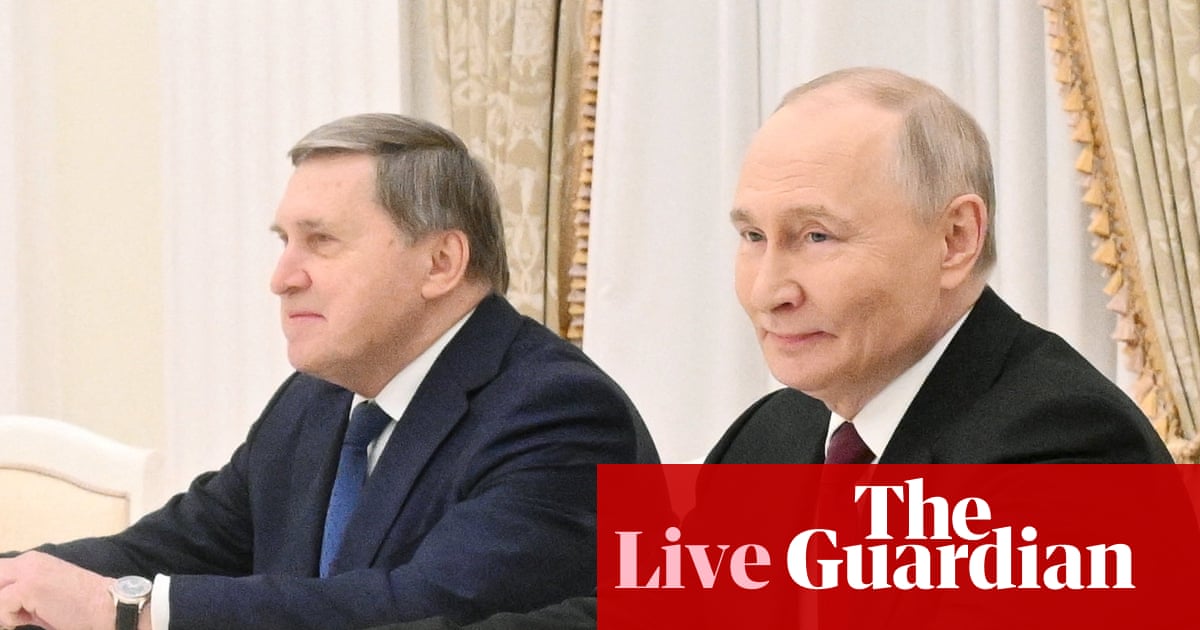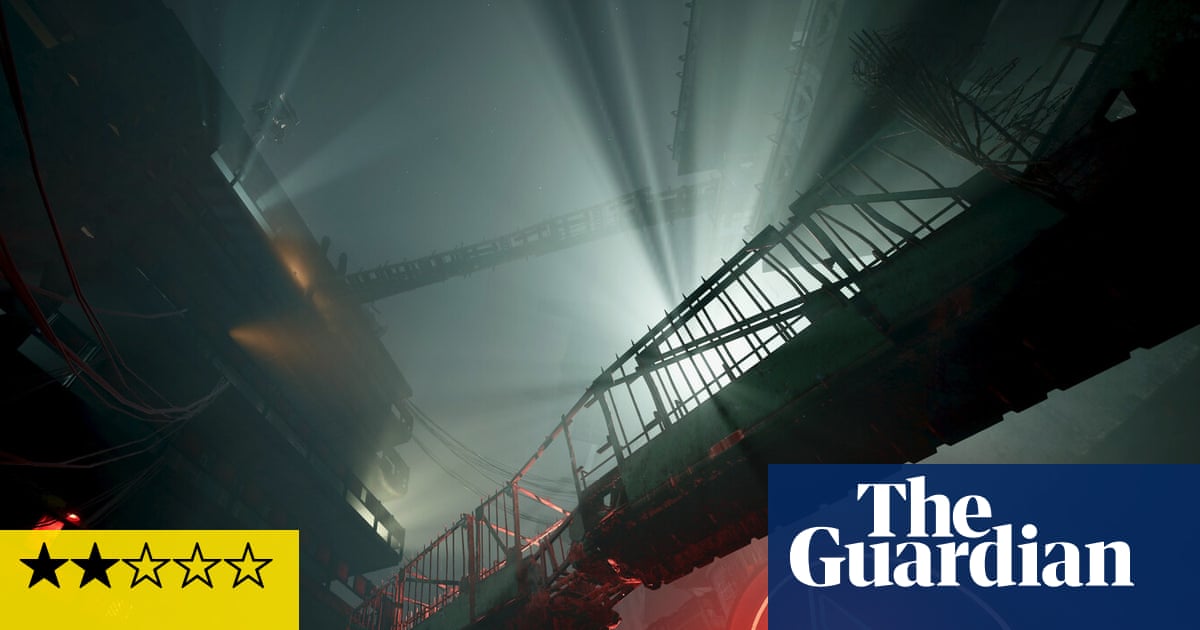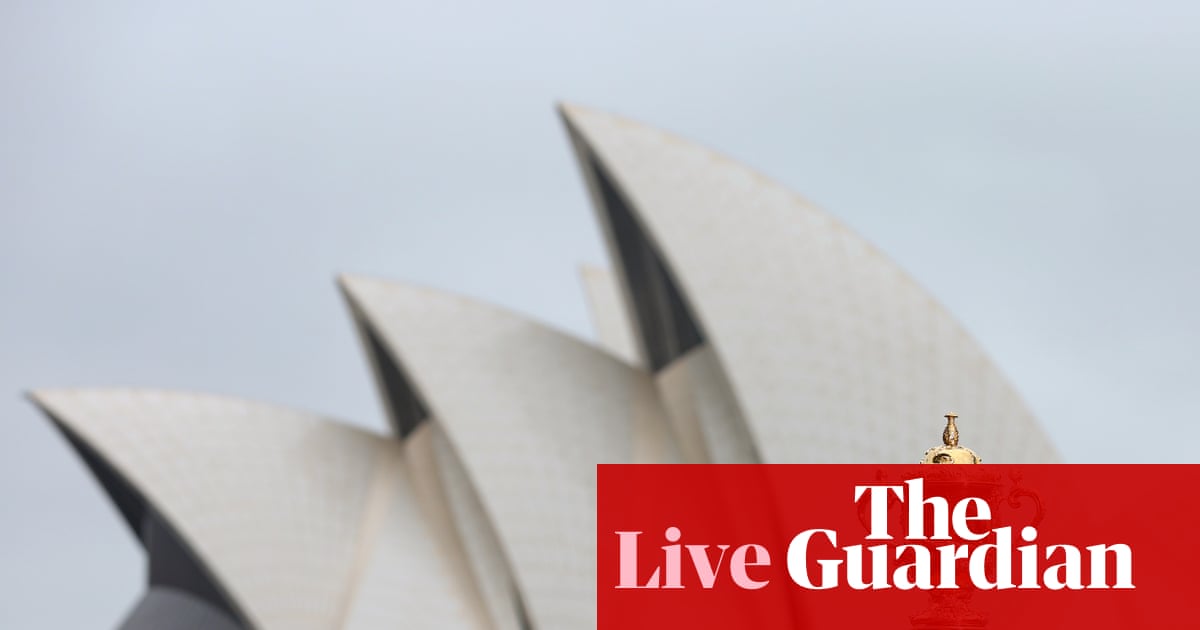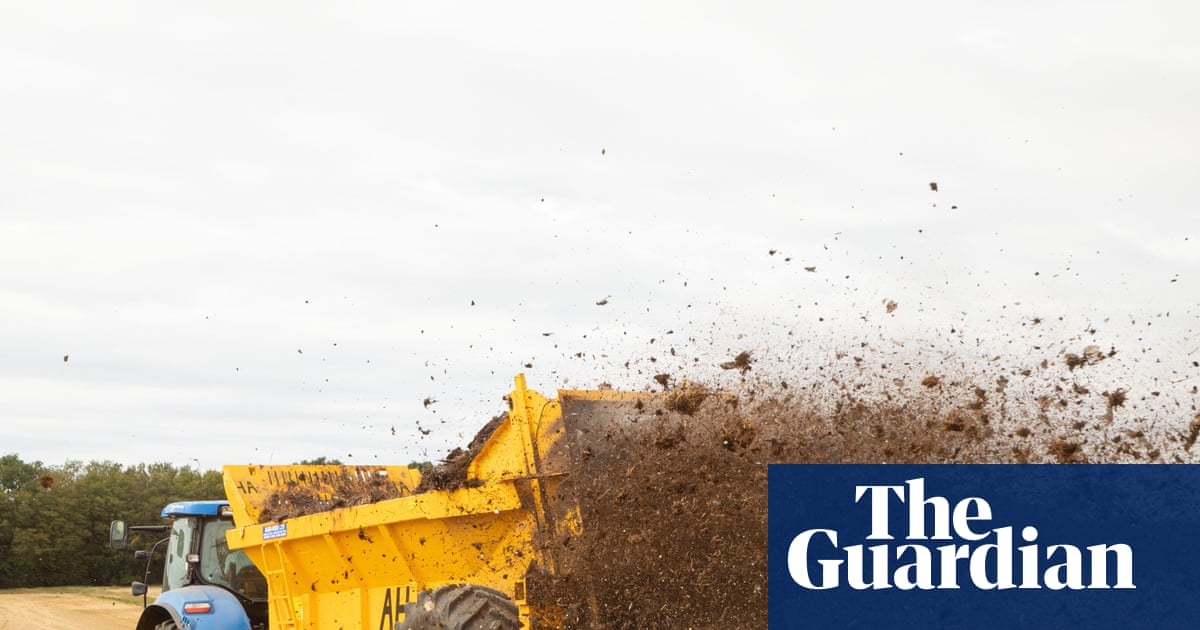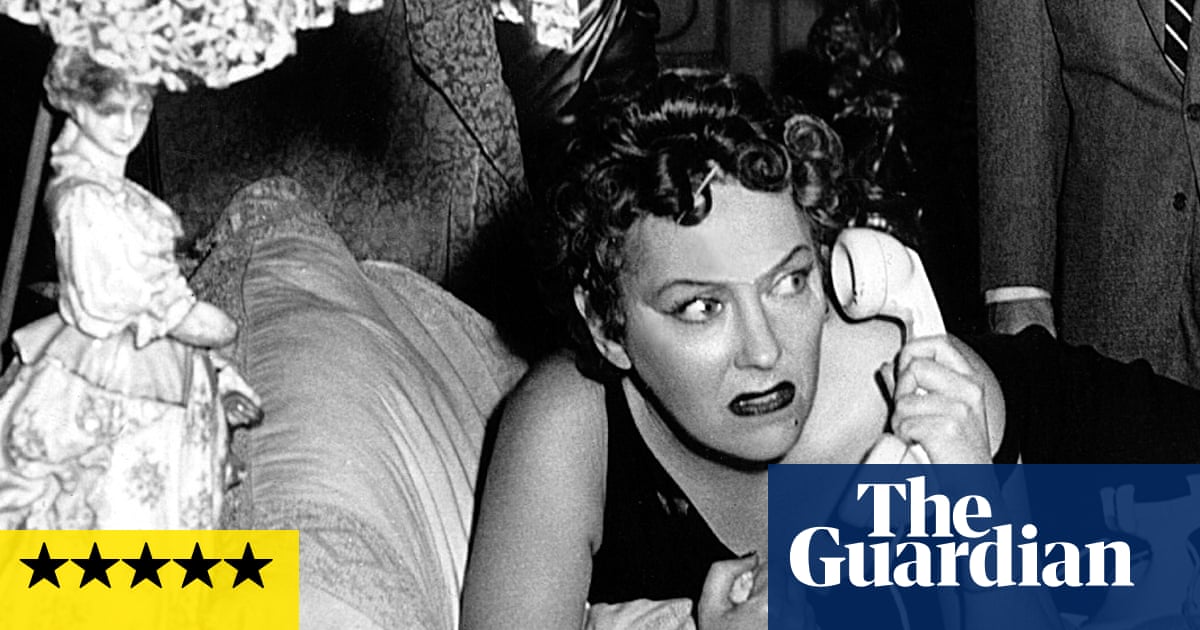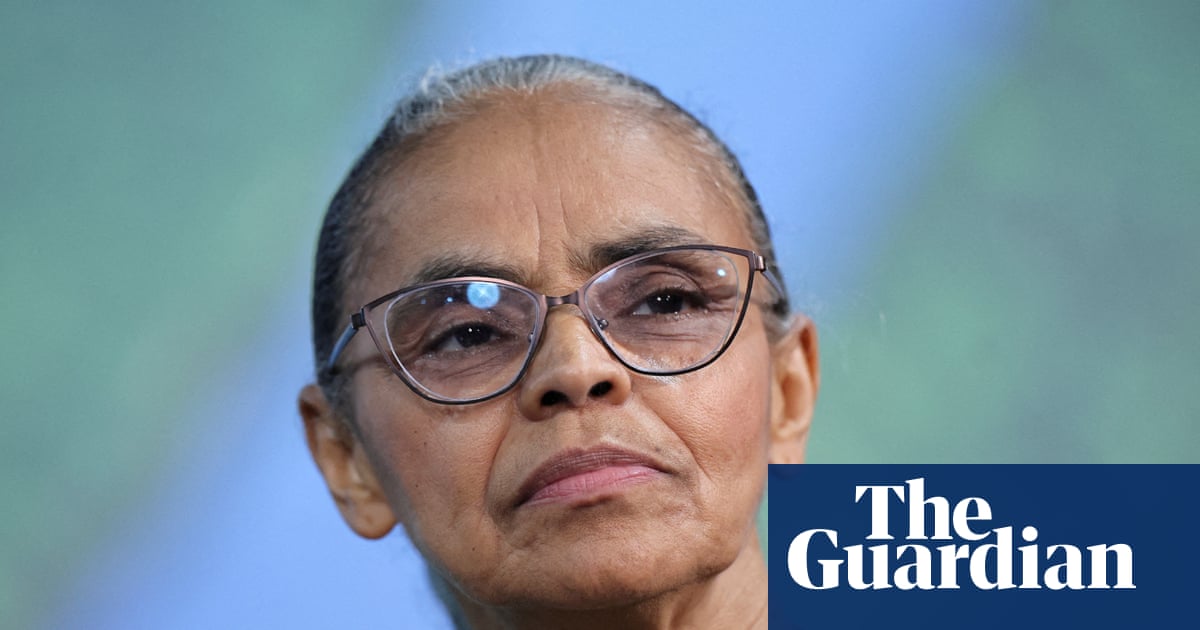Mark Sedwill has emerged as the frontrunner to become the UK’s ambassador to the US, according to senior government figures.
The former cabinet secretary and national security adviser is seen by ministers as the likeliest choice for the top diplomatic posting in Washington.
The Foreign Office is seeking a replacement for Peter Mandelson, who was sacked last month after Downing Street said he had not been upfront about the extent of his links with the disgraced financier and convicted child sex offender Jeffrey Epstein.
Several senior government figures said the role was highly likely to go to a career civil servant, rather than another political appointee such as Mandelson, and cited Sedwill as the strongest potential candidate.
One said: “If Mark Sedwill wants it then he’s likely to get it.” Other US-based officials added that the job was “Sedwill’s to lose”.
The job has just been advertised, which suggests there could be a gap of several months before a new ambassador is appointed. James Roscoe, the deputy head of mission in Washington, is temporarily filling the role.
Sedwill left the civil service in late 2020 and has since taken up a number of private sector positions, including as a senior adviser to the financial advisory group Rothschild & Co.
He is a member of the House of Lords and sits on the joint committee on national security strategy, which is due to question the national security adviser, Jonathan Powell, next month.
Sedwill’s recent comments criticising the collapse of the trial of two men accused of spying for Beijing have raised eyebrows in Whitehall. He told a podcast he was “genuinely puzzled, to put it politely, about the basis on which this trial has fallen apart”.
One government source said: “I can’t imagine that will have endeared him to Downing Street.” But other insiders suggested that Sedwill’s comments could put him in good stead with the Trump administration.
One senior foreign policy figure said Sedwill had “an ‘edge’ to him, as Mandelson did, which might be seen as necessary to cut through in Trumpian DC. Being seen to be tough on the trial’s collapse would give him credibility in DC if Starmer picked him. And Starmer could think that choosing Mark would deflect some of the ongoing criticism.”
Sedwill has since praised the prime minister for defending the deputy national security adviser Matthew Collins’s role in the controversy.
Varun Chandra, the No 10 business adviser who has been a leading figure in trade talks with the US, is seen as another contender for the role. But one government source said his appointment would be a “loss to the centre” as well as a political risk given he is not a diplomat.
Other senior officials who have been tipped for the role include Clive Alderton, the king’s private secretary, and Christian Turner, a political director of the Foreign Office who has just been appointed ambassador to the UN.
after newsletter promotion
Richard Moore, the ex-MI6 chief who was in the running last year, is said to have ruled himself out, and Barbara Woodward, the former ambassador to the UN, is returning to the UK as a deputy national security adviser.
Political appointees who were considered last time, but are now unlikely to be brought back into the fray, include the former Tory chancellor George Osborne and the former Labour foreign secretary David Miliband.
Mandelson’s immediate predecessor as US ambassador, Karen Pierce, is said to be interested in returning to Washington, but her appointment is seen as unlikely because of lingering tensions with Downing Street.
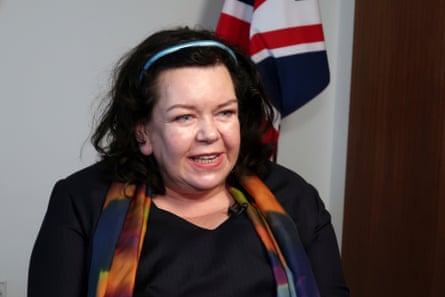
A second government source said No 10 was frustrated by the “briefing war” that unfolded between Pierce and Mandelson last autumn when the role was last up for grabs. Pierce, who built strong links with the Trump administration when she was in the post, is currently special envoy to the western Balkans.
The new ambassador will be tasked with maintaining the positive relationship that the Starmer government has established with Trump’s administration. Mandelson took up the role in February and held it for just seven months before he was forced out. His resignation came just days before Trump’s second state visit to the UK.
At first ministers considered making a speedy appointment to ensure the ambassador would be in place for Trump’s arrival in London, but ultimately decided to hold off and run a fuller recruitment process.

.png) 1 month ago
42
1 month ago
42
